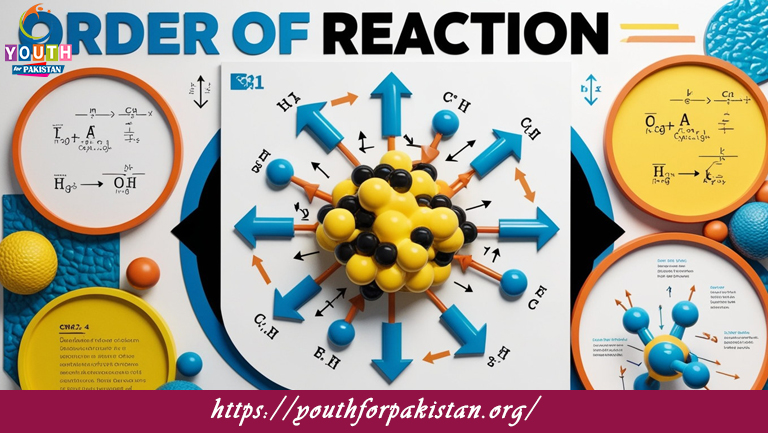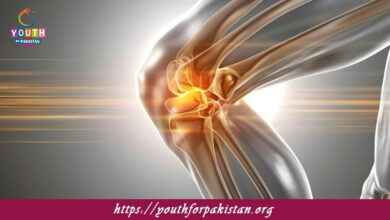Order Of Reaction And Its Determination MDCAT MCQs with Answers

Welcome to the Order Of Reaction And Its Determination MDCAT MCQs with Answers. In this post, we have shared Order Of Reaction And Its Determination Multiple Choice Questions and Answers for PMC MDCAT 2024. Each question in MDCAT Chemistry offers a chance to enhance your knowledge regarding Order Of Reaction And Its Determination MCQs in this MDCAT Online Test.
The order of a reaction is defined as:
a) The sum of the exponents of the concentration terms in the rate law
b) The difference between the exponents of the concentration terms in the rate law
c) The ratio of the rate of the reaction to the concentration of the reactants
d) The constant rate of reaction
The rate of reaction for a zero-order reaction is:
a) Independent of the concentration of the reactants
b) Directly proportional to the concentration of the reactants
c) Inversely proportional to the concentration of the reactants
d) Equal to the square of the concentration of the reactants
The rate of reaction for a first-order reaction depends on:
a) The concentration of the reactant raised to the power of 2
b) The concentration of the reactant raised to the power of 1
c) The square root of the concentration of the reactant
d) The reciprocal of the concentration of the reactant
For a second-order reaction, if the concentration of the reactant is doubled, the rate of reaction will:
a) Stay the same
b) Double
c) Triple
d) Quadruple
The method of initial rates is used to determine:
a) The rate constant
b) The order of the reaction
c) The activation energy
d) The equilibrium constant
In the method of initial rates, if the concentration of one reactant is changed while keeping others constant, the change in rate can be used to determine:
a) The reaction rate constant
b) The activation energy
c) The order of the reaction with respect to that reactant
d) The equilibrium constant
The half-life of a zero-order reaction depends on:
a) The initial concentration of the reactant
b) The rate constant only
c) The temperature
d) Both the initial concentration and the rate constant
For a second-order reaction, the rate of reaction is proportional to:
a) The concentration of one reactant squared
b) The product of the concentrations of two reactants
c) The concentration of one reactant
d) The square root of the concentration of the reactant
The rate law expression for a reaction must be determined experimentally because:
a) It depends on the reaction mechanism
b) It is always equal to the stoichiometric coefficients
c) It can be derived from the balanced chemical equation
d) It is not related to the experimental data
The method of integration is used to determine the:
a) Reaction rate constant
b) Order of the reaction
c) Activation energy
d) Rate law
The order of a reaction can be zero if:
a) The rate of reaction is constant and independent of reactant concentration
b) The rate of reaction is directly proportional to the concentration of the reactants
c) The rate of reaction increases with the square of the concentration of the reactants
d) The reaction is a complex multi-step process
The activation energy of a reaction can be determined from:
a) The slope of an Arrhenius plot
b) The integrated rate law
c) The half-life of the reaction
d) The reaction mechanism
The rate of a reaction is independent of the concentration of reactants in a:
a) Zero-order reaction
b) First-order reaction
c) Second-order reaction
d) Third-order reaction
For a first-order reaction, the half-life is:
a) Independent of the initial concentration
b) Directly proportional to the initial concentration
c) Inversely proportional to the initial concentration
d) Affected by temperature but not by concentration
The rate constant of a reaction can be affected by:
a) Temperature
b) Concentration of reactants
c) Presence of a catalyst
d) Both a and c
The half-life of a zero-order reaction is proportional to:
a) The initial concentration of the reactant
b) The rate constant
c) The time
d) The product of the concentration and the rate constant
If you are interested to enhance your knowledge regarding Physics, Chemistry, Computer, and Biology please click on the link of each category, you will be redirected to dedicated website for each category.





